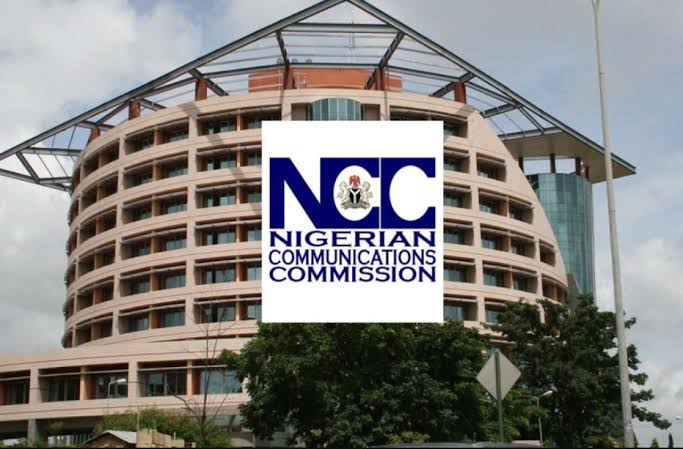The Nigerian Communications Commission (NCC) has taken a significant step to address the persistent issue of fiber optic cable damage caused by road construction and rehabilitation projects.
In collaboration with the Federal Ministry of Works (FMoW) and the Federal Ministry of Communications, Innovation, and Digital Economy (FMoCIDE), the NCC is part of a newly established Joint Standing Committee on Fiber Optic Protection to mitigate these disruptions and enhance Nigeria’s telecommunications infrastructure.
The committee was officially inaugurated on Tuesday, February 18, 2025, at the Ministry of Works headquarters.
The event was presided over by Engr. Olufunso Adebiyi, Permanent Secretary of FMoW, alongside his counterpart from FMoCIDE, Engr. Farouk Yusuf, and the Executive Vice Chairman (EVC)/CEO of NCC, Dr. Aminu Maida.
NCC’s Concern Over Rising Fiber Cuts
Speaking at the inauguration, Dr. Aminu Maida emphasized that fiber networks are the backbone of Nigeria’s digital economy, supporting broadband expansion, economic growth, and technological innovation. He expressed concern over the rising incidents of fiber cuts, which have significantly affected telecom services.
“In 2024 alone, we recorded over 50,000 fiber cut incidents, with approximately 30,000 cases linked to federal and state road construction activities,” Dr. Maida stated. “These disruptions not only affect network stability but also lead to unplanned outages, increased repair costs, and slower broadband deployment.”
He referenced the February 2024 nationwide MTN service disruption, which was caused by multiple fiber cuts, highlighting the urgent need for better coordination between telecom operators and construction firms.
Joint Committee’s Role in Fiber Protection
The Joint Standing Committee on Fiber Optic Protection consists of representatives from NCC, FMoW, and FMoCIDE and is tasked with establishing clear communication protocols to prevent damage to fiber infrastructure.
Dr. Maida noted that the lack of collaboration between road contractors and telecom operators has been a major contributor to these disruptions.
He expressed optimism that the committee’s work will lead to a more structured approach, reducing network downtimes and unnecessary maintenance expenses.
“This committee will ensure that fiber placement is properly integrated into road planning, design, and construction processes. By fostering a proactive engagement mechanism, we can significantly reduce incidents of fiber damage and enhance service reliability nationwide,” he said.
Securing Nigeria’s Digital Future
The NCC chief further stressed that beyond safeguarding telecom investments, protecting fiber optic infrastructure is crucial for ensuring seamless broadband connectivity for millions of Nigerians.
“Every time a fiber cut occurs, businesses, financial services, and essential digital operations are affected. With this initiative, we aim to minimize these disruptions so that operators can focus on network expansion rather than costly repairs,” Dr. Maida added.
With the establishment of this committee, the NCC is reinforcing its commitment to building a resilient digital infrastructure that supports economic growth and technological advancement across the country.
